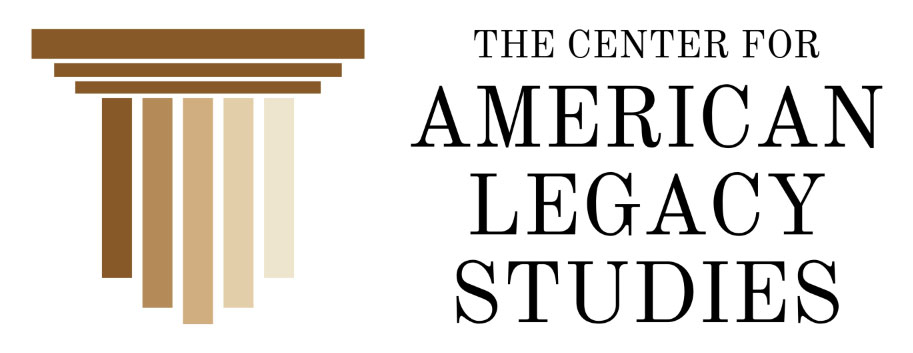 No time to write this week, but I did want to share with you a revealing video from FEE,
No time to write this week, but I did want to share with you a revealing video from FEE,
The Foundation for Economic Education.
At Monticello College we are working to bring the price of college tuition down and quality of college education up.
Here are the tuition rates and the first year curriculum at Monticello College:
Annual Tuition Schedule
| On Campus (2013) | Online Hybrid | |
|---|---|---|
| Tuition | $3,000 | $3,000 |
| Residency (Board and Room) | $3,500 | $ 800 |
| Books | $ 500 | $ 500 |
| Total | $7,000 | $4,300 |
Monticello College
First Year Curriculum – Domestic Interests
Semester One
Great Books Seminar
Plato: Republic
Aristophanes: Clouds
Aristotle: Ethics
Plutarch: The Lives of the Noble Grecians and Romans
Machiavelli: The Prince*
Locke: Concerning Civil Government *
Marx-Engels: Manifesto of the Communist Party *
Syntopicon: Multiple Topics
Leadership Block
DeMille: Thomas Jefferson Education *
Gladwell: The Tipping Point *
Pink: A Whole New Mind*
Government/American History/Cultural Literacy Seminar
Skousen: The 5,000 Year Leap*
Bastiat: The Law *
Adams: Thoughts on Government*
Madison et al: The Federalist Papers
Kirk: Roots of American Order
Skousen: The Making of America
The Holy Bible: Deuteronomy*
Wister: The Virginian *
Forstchen: One Second After*
Chang: Wild Swans *
Shakespeare: Merchant of Venice – Reader’s Theater 1 (Residency)
Founding Documents
Hammurabi Code
Ten Commandments
Magna Charta
Mayflower Compact
The Declaration of Independence
The U.S. Constitution
1791 Jefferson on National Bank
1791 Hamilton on National Bank
Simulation
Up to 5 Simulation events
Foreign Language Block
Latin I
Mathematics/Science Seminar
The History of Mathematics, compiled
The History of Science, compiled
Grant: Summalogica
Schneider: A Beginners Guide to Constructing the Universe*
Nicomachus: Introduction to Arithmetic
Testing for Level
Writing Lab
3-day event
First Year Curriculum – Domestic Interests
Semester Two
Great Books Seminar
Plato: Republic
Aristotle: On the Heavens
Plutarch: The Lives of the Noble Grecians and Romans
Authors.: New Testament, St. Matthew*
Luke: New Testament, Acts of the Apostles *
Montaigne: Essays
Locke: Concerning Civil Government *
Gibbon: The Decline and Fall of the Roman Empire
Locke: Concerning Civil Government *
Syntopicon: Multiple Topics
Leadership Block
Gladwell: Outliers*
DeMille & Brooks: Thomas Jefferson Education for Teens *
Lansing: Endurance *
Government/American History/Culture Literacy Seminar
Allison: The Real George Washington *
Allison: The Real Benjamin Franklin *
Tocqueville: Democracy in America Vol. 2
Biography on Davy Crockett
Orwell: 1984*
Douglas: Magnificent Obsession *
Bunyan: Pilgrim’s Progress *
Shakespeare: Hamlet – Reader’s Theater 2 (Residency)
Johnson: History of the American People *
Documents of State:
1796 Washington’s Farewell Address
1820 Missouri Compromise
1823 Monroe Doctrine
1850 Calhoun & Webster Compromise
1860 Cooper Union Address
1863 Gettysburg Address
1944 A New Bill of Rights
1945 Yalta Agreement
1947 The X Article
1983 Evil Empire Speech
Mathematics/Science Seminar
Applied Classics lab (Residency)
The Two New Sciences, Galileo
An Introduction to Mathematics, Whitehead
Geometry
Simulation
Up to 5 Simulation events
Wilderness
Trek I (Residency)
Arts Block
Art History
Vasari: The Lives of the Artists
Sobel: Galileo’s Daughter
Stone: The Agony and the Ecstasy
Music History
Copland & Slatkin: What to Listen for in Music
Smith & Carlson: The Gift of Music
Kavanaugh: Spiritual Lives of the Great Composers
Architecture
Ballantyne: Architecture: A Very Short Introduction
Foreign Language Block
Hebrew I
*Book/article read in its entirety.

4 Responses
I’d recommend Alas, Babylon by Pat Frank instead of One Second After by Forstchen. I really enjoyed Alas, Babylon, so I thought I would enjoy One Second After, but there was too much swearing in it. That kind of language is distracting and unnecessary.
I enjoyed them both. I found over time that with such a personal scenario, most people relate better to One Second After as it is more current.
How does the curriculum compare with your IGB Courses?
Same text, but the IGB is just a sampling. The BA degree requires about 30 hours a week of study.